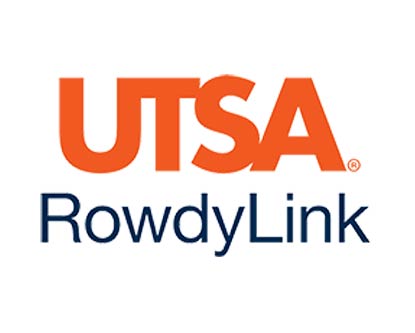Student Organization Advisor
Why does a student organization need an advisor?
An advisor can prove to be a valuable asset to your organization by sharing their life experiences, wisdom, and providing continuity, organizational memory, and connections to resources. The key role of the advisor is to serve as a resource for the organization. Take some time to discuss reciprocal expectations with your advisor(s). Try to establish open lines of communication that will enable you to work together effectively.
Who is eligible to serve as an advisor?
An advisor must be either a faculty member (not on sabbatical) or a staff member at the University. The faculty or staff member must be employed at the University at least part-time and in a benefits eligible position. Advisors are expected to be actively involved in the affairs of their organizations. Unless it states otherwise in their position description on file with human resources, faculty and staff may only advise two student organizations.
What is the role of an advisor?
Suggestions of the Advisor's Role: While specific roles should be defined by the organization and the advisor, an advisor should generally…
- provide expert knowledge and advice
- be knowledgeable about activities and programs of the organization
- suggest and encourage new program ideas
- help members apply principles and skills learned in and out of the classroom
- point out new directions and options
- provide insight into the group's problems and successes
- teach leadership techniques and develop new leadership
- assist in maintaining high standards of programming and individual performance
- provide continuity with the history and tradition of past years
- assist in the development of procedures and plans of action
In return for his/her support, the advisor should expect that he/she be consulted regularly by the officers concerning their plans for group activities or programs. The advisors should know what events are being planned and should offer ideas and suggestions freely, but not dominate the program planning process.
If not being consulted, the advisor should insist that the group do so. At the same time, the advisor should avoid becoming involved in clearing or approving every detail. For assistance in defining officer-advisor relationships, contact the Student Involvement Center for advice and resource materials.
Mandatory Expectations of an advisor?
Each advisor must attend one Risk Management Training. In addition, the advisor serves as the link between the Student Organization and the University; providing guidance to the organization in regards to University policies and procedures.
An advisor must sign the Advisor Agreement Form each year during registration periods.
To further assist advisors in their responsibilities, the Student Involvement Center has developed an Advisor Handbook. It can be found online at http://www.utsa.edu/sa/so under Advisor Resources.
If at some point you have difficulty locating an advisor, or are having some complications with your current advisor, please stop by the Student Involvement Center or call 210-458-4160.

